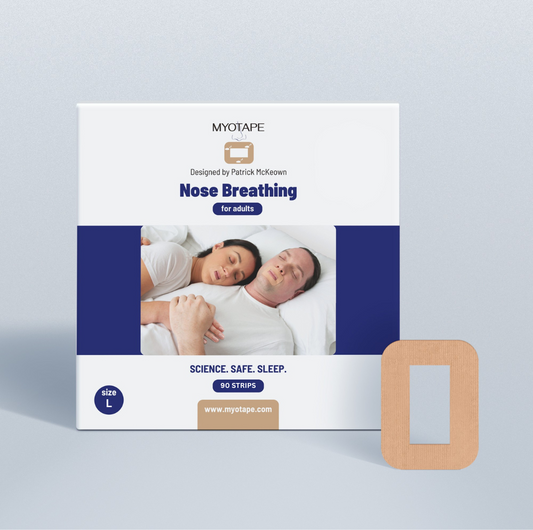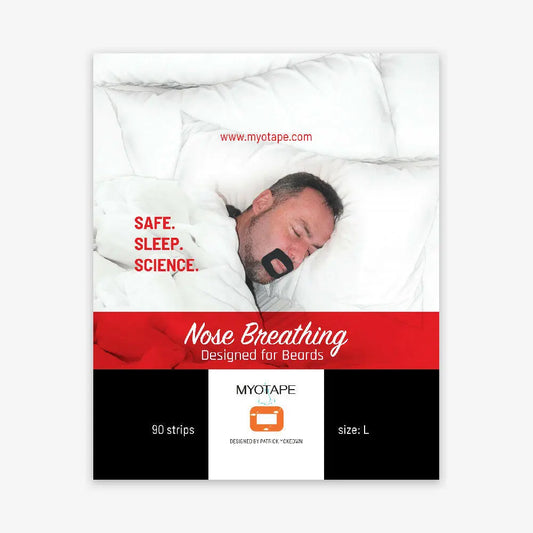Nasal congestion can significantly impact cognitive function and energy levels. People with normal nasal function generally experience better cognitive performance and higher energy levels compared to those suffering from chronic nasal issues.
A study involving 100 participants, including 50 with chronic rhinosinusitis (CRS), aimed to investigate the effects of nasal congestion on cognitive function. The findings were revealing and important for understanding how nasal health influences brain function (Soler et al., 2015).
Chronic rhinosinusitis (CRS) is a condition characterized by prolonged inflammation of the sinuses and nasal passages. It can lead to persistent nasal congestion, which affects breathing and overall quality of life. Despite its prevalence, the impact of CRS on cognitive function has not been extensively studied. This research aimed to fill that gap by comparing cognitive performance in individuals with and without CRS using both subjective and objective measures.
Key Findings from the Study
- Patients with CRS reported significantly more cognitive difficulties, indicating more frequent cognitive failures in everyday tasks.
- Individuals with CRS also experienced higher levels of fatigue, suggesting that chronic nasal congestion can lead to increased fatigue, further impacting daily functioning.
- When it came to objective measures, patients with CRS had worse reaction times on computerized tests, meaning that nasal congestion can slow down cognitive processing speed.
What Does This Mean for You?
These findings highlight the significant impact that nasal congestion can have on cognitive function and energy levels. When the nasal passages are blocked, it can lead to decreased oxygen intake, which is essential for optimal brain function. As a result, individuals with chronic nasal issues like CRS may experience more cognitive difficulties, such as forgetfulness and trouble concentrating, as well as higher levels of fatigue.
From the study, patients with CRS reported significantly more cognitive difficulties, such as forgetfulness and trouble concentrating. These cognitive failures can make everyday tasks more challenging, from remembering appointments to focusing on work or school. When nasal passages are blocked, individuals often resort to mouth breathing, which is less efficient and can reduce oxygen levels in the blood. This reduced oxygenation can impair brain function, making cognitive tasks even more difficult.
Furthermore, nasal congestion can lead to higher levels of fatigue. This constant tiredness can be debilitating, affecting one's ability to engage in daily activities, enjoy hobbies, or even interact socially. Addressing nasal congestion isn't just about physical relief; it's about improving cognitive function and overall quality of life.
To help you, our online Buteyko Breathing Exercises course by Patrick McKeown teaches you effective techniques to clear your nasal passages, enhance oxygen intake, and improve brain function.
Patrick, who is a well-known breathing expert, is also the inventor of MyoTape. This effective mouth taping solution also helps keep your nasal passages open, promoting efficient nasal breathing and better brain function. Improve your mental clarity and energy levels—explore our MyoTape mouth tape products today and experience the difference!
References:
Soler ZM, Eckert MA, Storck K, Schlosser RJ (2015) Cognitive function in chronic rhinosinusitis: a controlled clinical study. Int Forum Allergy Rhinol. 5(11):1010–1017 https://pubmed.ncbi.nlm.nih.gov/26121963/








